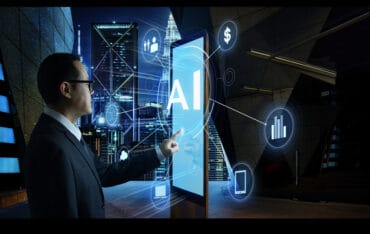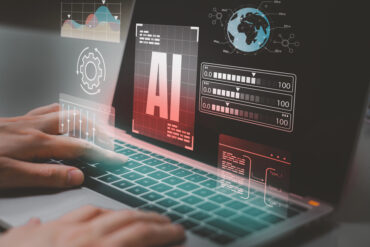
AI can play a crucial part in automating processes and limiting human involvement to a necessary minimum.
Public sector spending on artificial intelligence technologies is expected to accelerate, due to the social distancing measures put in place in response to the coronavirus pandemic.
According to market research firm IDC, coronavirus may force some businesses to “revise their technology investments downwards”, while others, in particular the healthcare industry, should see a spike in AI spend, as short-staffed hospitals look for quicker diagnostics and testing solutions.
SEE ALSO: AI-Assisted Services Struggle with Coronavirus Pandemic
“AI is a technology that can play a significant role in helping businesses and societies deal with and solve large scale disruption caused by quarantines and lockdowns,” said Andrea Minonne, senior research analyst at IDC.
“Of all industries, the public sector will experience an acceleration of AI investments. Hospitals are looking at AI to speed up COVID-19 diagnosis and testing and to provide automated remote consultations to patients in self-isolation through chatbots.”
That uptake in AI spend may be largely at the biggest providers, as the WSJ reported last week a surge in job cuts to AI startups.
AI is also being deployed in some countries to monitor the population, with thermal scanners and location data to quarantine potentially infected people. China has already started this, using its surveillance apparatus to detect rail commuters that may be infected.
Could There Be An Upside?
Some see the coronavirus as a potentially advantageous situation, as it provides certain autonomous technology with more leeway. Drones to deliver medicine in rural areas, self-driving cars to ferry old people to the shops, and small food delivering robots were all stuck in legislation gridlock, but coronavirus has aroused government interest in the U.S. and Europe.
“As a short-term response to the COVID-19 crisis, AI can play a crucial part in automating processes and limiting human involvement to a necessary minimum,” said Petr Vojtisek, research analyst at IDC. “In the longer term, we might observe an increase in AI adoption for companies that otherwise wouldn’t consider it, both for competitive and practical reasons.”































